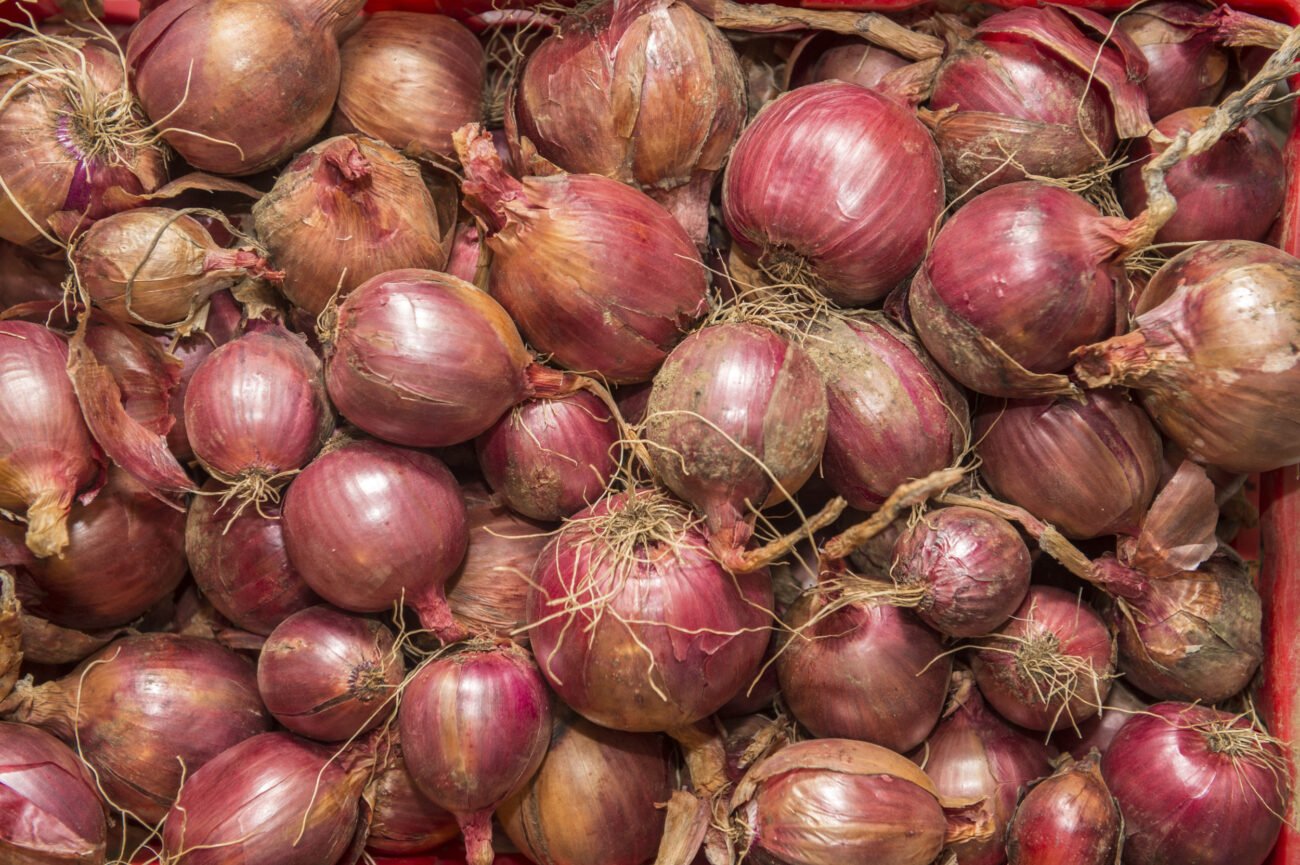FDA Issues Highest Risk Warning for Vegetable Recall
A recall of a range of vegetable products due to potential contamination with Listeria monocytogenes has been issued the highest risk classification by the U.S. Food and Drug Administration (FDA).
And Go Concepts LLC, doing business as Salad and Go, a Texas-based company, announced a voluntary recall for the products on May 27.
The FDA subsequently issued a Class 1 risk classification for the recall on July 11.
Newsweek contacted And Go Concepts LLC for comment by email outside of regular working hours.
Salad and Go announced a voluntary recall for a range of vegetable products due to potential listeria contamination on May 27.
Edwin Remsberg/VWPics/AP
Why It Matters
A Class I risk classification represents “a situation in which there is a reasonable probability that the use of, or exposure to, a violative product will cause serious adverse health consequences or death,” according to the FDA.
Listeria infection, or listeriosis, may lead to a range of symptoms in infected individuals. For those experiencing less severe infections, symptoms may include fever, muscle aches, nausea, vomiting and diarrhea, which often last between one and three days, the FDA said.
For more severe and potentially life-threatening infections, symptoms may include headaches, stiff neck, confusion, loss of balance and convulsions.
Severe infections are particularly dangerous for young children, frail or elderly people, and those with weakened immune systems. It can also lead to miscarriages and stillbirths in pregnant women.
What To Know
The products affected by the recall include the following:
- Red cabbage, shredded – 1 case – codes: 2514111 / 2514111B
- Onion, red diced – 8 cases (80 bags) – codes: 2514111 / 2514111B / 2514211 / 2514211B / 2514311
- Cucumber, sliced – 8 cases (80 bags) – codes: 2514111 / 2514311
- Pepper, red bell chopped – 31 cases (220 bags) – codes: 2514111 / 2514111B / 2514311
- Carrot, shredded – 16 cases (195 bags) – codes: 2514111 / 2514311
- Tomato, grape – 141 cases (565 bags) – codes: 2514111 / 2514111B / 2514211
- Potato, cooked breakfast – codes: 2514111 / 2514111B / 2514311
- Brussels sprouts, roasted – 71 cases – codes: 2514111 / 2514111B / 2514311
The products were distributed in Arizona and Nevada.
What People Are Saying
Mary O’Riordan, a professor of microbiology and immunology at the University of Michigan Medical School, told Newsweek previously: “Listeria has an unusual capacity to grow at refrigerated temperatures. Although the bacterium can contaminate many types of food, cheeses or deli meats that are kept in cold storage for long periods in stores or at home are a place where listeria can keep growing.
“Early symptoms of listeria infection look similar to other common foodborne infections, including fever, diarrhea and vomiting, so it’s often not diagnosed right away. Unfortunately, sometimes listeria can spread into the brain and cause more serious illness, like meningitis. In those cases, if people experience headache, stiff neck or confusion, they should seek urgent medical attention.”
Haley F. Oliver, a professor of food science at Purdue University, told Newsweek previously: “Listeria monocytogenes is a common microorganism that can be found in the natural environment, for example in soil. There are many factors that determine if someone gets listeriosis—a listeria infection. In most instances, an immunocompromised person—so young, old, pregnant or otherwise immunocompromised—must eat contaminated food. The number of bacteria resulting in infection and the amount of time before illness varies considerably. Symptoms vary among people but can include fever, flu-like symptoms, headache, stiff neck, confusion and loss of balance.”
The FDA says on its website: “Pregnant women and their unborn or newborn baby, adults over the age of 65, and those with weakened immune systems, are all considered to be high-risk groups that are susceptible to the serious and adverse effects of listeriosis.”
What Happens Next
The recall is listed as completed, according to the FDA.


